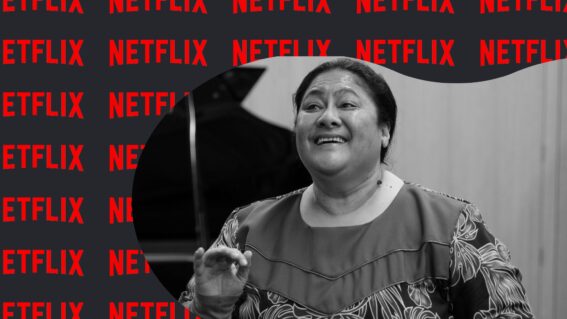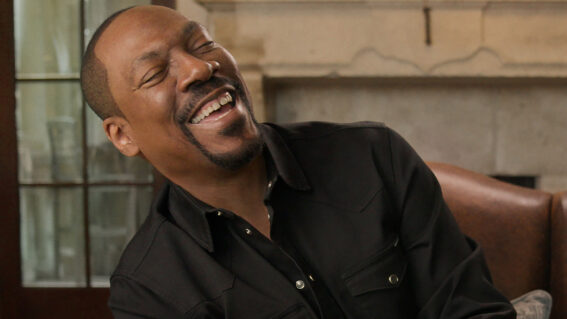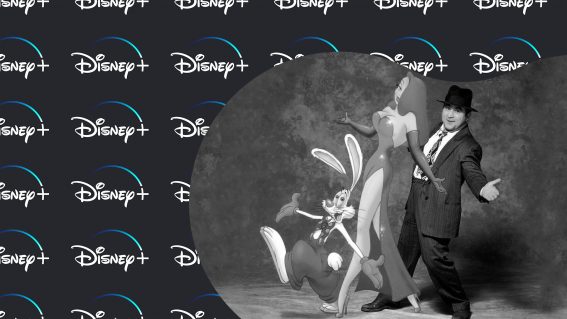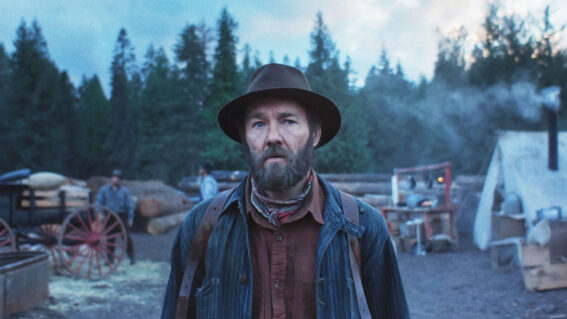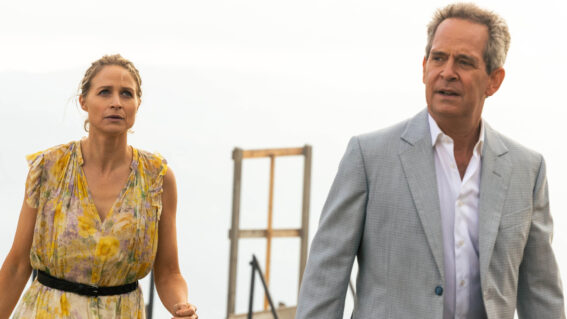Interview: Show Me Shorts directors
As Show Me Shorts treats New Zealanders to another top-notch selection of short film programming, we asked four directors whose work features this year to share their thoughts on the short film format. Read on to hear from Aidee Walker, Chelsie Preston Crayford, Lauren Jackson and Linda Niccol. In your opinion, what is the appeal […]
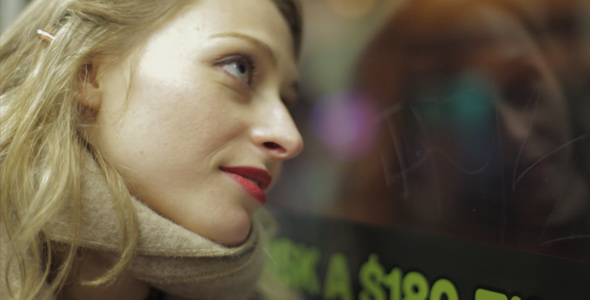
As Show Me Shorts treats New Zealanders to another top-notch selection of short film programming, we asked four directors whose work features this year to share their thoughts on the short film format. Read on to hear from Aidee Walker, Chelsie Preston Crayford, Lauren Jackson and Linda Niccol.
In your opinion, what is the appeal of seeing a short film as opposed to a feature?
AIDEE WALKER: Well, maybe a little obviously, they are short! Hurrah. It means you can see a handful of them in the time you would see one feature and this means little bite size chunks of story made with a different vision. If you’re not inclined to one, the one following may be right up your alley.
CHELSIE PRESTON CRAYFORD: I think they are two totally different experiences, it just depends what you’re in the mood for.
LAUREN JACKSON: It’s just as nice to see a short film as a feature but of course a short film is shorter. So if you don’t have much time, a short film is great. And I’m not being facetious. I also enjoy the sharp focus and skill involved in short-form storytelling. As a viewer, short films keep me on my toes.
LINDA NICCOL: The short film is like the short story, a particular artistry that takes many forms. The appeal is the constraint of the form, getting an idea across or telling a story in 15 or less using the powerful and engaging medium of film.
What was the very first step to making your short film?
WALKER: Writing the script. I guess the idea had been brewing for a while (as in years) and finally when I was able to complete a script and then showed some people, I was lucky to receive some positive feedback. I was interested in applying for funding after speaking with Julia Parnell from Notable Pictures (who became my producer) and we were both pretty keen on making this film regardless of the funding outcome. Luckily for us we did get Fresh Shorts funding of $10,000 to make it.
CRAYFORD: Deciding to do it. Once we committed everything fell into place.
JACKSON: A recurring image in my mind of a grumpy little boy walking uphill towards me wearing funny clothes. From there he started to talk to me and I began imagining a story around him.
NICCOL: Writing the script, adapting it from my short story, Beautiful Collision.
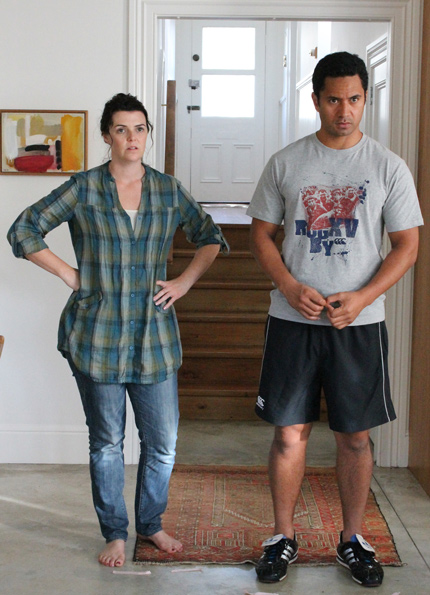
What was the biggest hurdle you faced getting your project out there and recognised?
WALKER: I actually think the biggest hurdle was getting the film finished. I’m a pretty busy lass and it’s hard for this kind of project to not become part time. My editor Lisa Hough generously donated her time for free to work on the project but we all had to work around other work commitments. It took a long time. We were exceptionally lucky to get into the first festival we applied for, the NZFF and then MIFF in Melbourne, and now Show Me Shorts, which is fantastic!
CRAYFORD: I found the editing process pretty tough. You have all this raw material and you have to try and sculpt it into what it is and sometimes it just doesn’t wanna bend. I was lucky to have my editor Gwen Norcliffe on my side in those moments. She kept the faith when I lost it.
JACKSON: Probably just the initial hurdle of believing in myself enough to write and submit the script. Jeremy Macey convinced me that my ideas were as good as anyone else’s.
NICCOL: Finance was the biggest obstacle, making the decision to self-fund with the money earned for co-writing Second-Hand Wedding was how we jumped over that hurdle.
Can you describe the feeling of seeing your film played in front of a public audience for the first time?
WALKER: Weird. Soooo weird. You have seen the film yourself a kazillion times, but watching the film with an audience made me sweat! The first time was at a cast and crew screening at The Vic Cinema in Devonport but that was with your crew and supportive friends and family. Seeing it at Sky City for the NZIFF on that huge screen was just… weird. Especially the sex scene. How can it not be?! I always think of my poor dad!
CRAYFORD: I just felt like screaming “I’m sorry! I never thought it would be played on an actual screen to actual people!”
JACKSON: The first time was to a packed cinema of kids at the Berlin film festival. I was shocked at how nervous I felt! My heart was thumping. As they began to laugh in the same places as my NZ test audiences I relaxed and enjoyed it.
NICCOL: It’s a very surreal experience seeing your film on the big screen and realising that your audience (in the case of the cast and crew screening) has invested so much in getting it there, too.

Do you think there is a difference between how short films are perceived in NZ compared to abroad?
WALKER: Yes, I think so. I think New Zealanders are warming up to the idea of short films as an art form of their own, finally. I certainly didn’t have the respect I have for them now, after making my own and seeing so many at international festivals. I think maybe in Europe they are appreciated more? France has the biggest short film fest in the world, so that is pretty telling.
CRAYFORD: Overseas it’s not uncommon for somebody to get a big opportunity based on one short they’ve made, but here I think people are continuously proving themselves. There’s a lot of reasons behind that though. Lack of money and support for local arts means lack of risk taking.
JACKSON: I think Show Me Shorts is doing a great job making short films more publicly accessible here. In many countries where I’m Going to Mum’s has played, they have well-established children’s film festivals. So kids grow into adults who are used to enjoying short films.
NICCOL: The short filmmakers of New Zealand are so innovative and determined and the crews who support them are so generous, it would be great if there was more opportunity to showcase their work – festivals are great but a medium such as mainstream television could be more supportive.

Are short films part of a bigger goal for you in working towards making a feature film?
WALKER: Yes they are. Not that I really knew that when I wrote Friday Tigers (I didn’t actually really know what I was doing). But yes, I have feature plans, like the rest of the world (he he). I do want to make a couple more shorts though. Both to get better with script and story and, of course, directing.
JACKSON: Yes, although I’d also like to keep making short films. It’s great to hear about established feature film directors who still return to the short film form. I think it’s an art form in its own right and deserves to be seen that way, not simply as a stepping stone to features. Features are an entirely different beast and I suspect there’s a lot you can only learn about features by making one.
CRAYFORD: I didn’t make this film with a larger strategy in mind, and I don’t subscribe to that approach. I think if you want to make something, make it. Art is about intention. If your intention in making something is to use it as a stepping stone I think it will show.
NICCOL: Although I consider the short film as a discrete art form I would love to direct one of my feature scripts.
What short film, if any, do you find yourself recommending to others?
WALKER: NZ films? Honk If You’re Horny, Dotty, Signing Off. All very different but so great, soooo great.
CRAYFORD: Kitchen Sink is a favourite. I got a sneak peak of Alyx Duncan’s new short Tide Keeper the other day and I think it’s truly original. We need more of that.
JACKSON: At the moment it’s The Six Dollar Fifty Man. It’s a beautiful film and it’s available to view online.
NICCOL: I love Richard Mann’s animated feat of imagination, Abiogenesis.
What is one key piece of advice you’d give to a filmmaker willing to get a short film off the ground?
WALKER: Don’t give up. Everything will go wrong so just roll with it. Cast will pull out, your locations will fall through, your editor will move overseas or your child actor will refuse to wear the very necessary costumes, but just go with it. It will sort itself out. AND: don’t be an asshole to your crew. They are most likely working for free so be eternally grateful!
CRAYFORD: Don’t compromise! Make what you want to make, not what you think people will want to watch.
JACKSON: Have a go and make sure you choose talented people you really like to work with. You’ll be spending lots of time with them under lots of pressure for no money, so best make it as pleasant an experience as possible!
NICCOL: The script is key, make it as short as you can if you are going for funding as that’s what the producers are looking for. Read other short film scripts, be original, write a number of drafts and employ a script editor if you can afford it.
Find out what is playing in your town, and when, by visiting the Show Me Shorts website.







